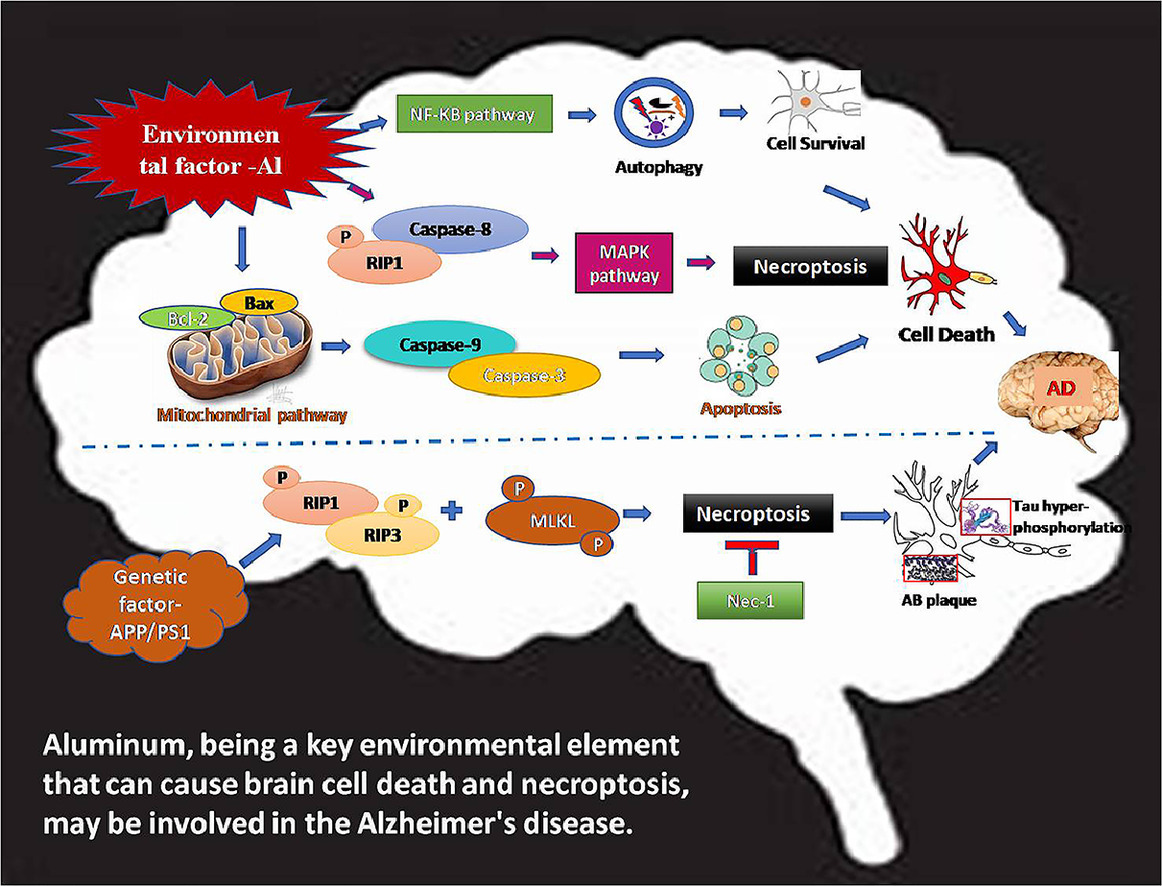Elsevier,
Frontiers in Neuroendocrinology, Volume 73, April 2024
This review discusses the multifaceted physiological functions of cholecystokinin (CCK), its potential neuroprotective effects in Alzheimer’s and Parkinson’s diseases, and its therapeutic implications, including its impact on memory, neurotransmitters, and neuroprotection mechanisms.
Elsevier,
Brain Research, Volume 1829, 15 April 2024
Despite diagnostic challenges in differentiating lvPPA and nfvPPA, particularly in advanced cases, this study reveals divergent clinical courses and highlights the importance of assessing emotion processing capacity in dementia diagnosis and monitoring. Utilizing spatiotemporal LME modelling, the research provides valuable insights into the dynamic changes in brain atrophy and behavior, underscoring the need for ongoing evaluation of clinical requirements for patients and families over the disease course.
Elsevier,
Neuroscience, Volume 544, 19 April 2024
This study demonstrates that electroacupuncture (EA) improves learning and memory in the 5xFAD mouse model of Alzheimer's disease, likely by enhancing functional connectivity between the hippocampus and neocortex and reducing amyloid-β protein expression and deposition. These findings suggest that EA may positively impact resting-state brain activity and connectivity, contributing to cognitive and motor function improvements in AD.
Elsevier,
eClinicalMedicine, Volume 70, April 2024
This Article supports SDG 3 by arguing that people under community correction supervision (probation or parole) are a large population of individuals at risk of viral hepatitis, to whom little attention has thus far been paid. Targeting hepatitis testing and treatment services at this population would be feasible and effective in reducing hepatitis incidence.
Elsevier,
The Lancet Regional Health - Western Pacific, Volume 45, April 2024
This Article supports SDG 3 by assessing the prevalence of hepatitis B, C, and delta virus in French Polynesia. The findings suggest that the HBV vaccination policy is effective and that HCV and HDV have very low levels of transmission, although some areas did have higher HBV prevalence, warrenting improved vaccine coverage and awareness.
Elsevier,
Progress in Materials Science, Volume 142, April 2024
Climate changes (abrupt weather) and pollution-borne fatal diseases are directly associated with carbon dioxide (a greenhouse gas) emission levels beyond a safe limit. In this timely review, we present an overview of the recent advances in surface/interface engineering of carbon nitrides for the conversion of CO2 to fuels and useful chemical by-products.

